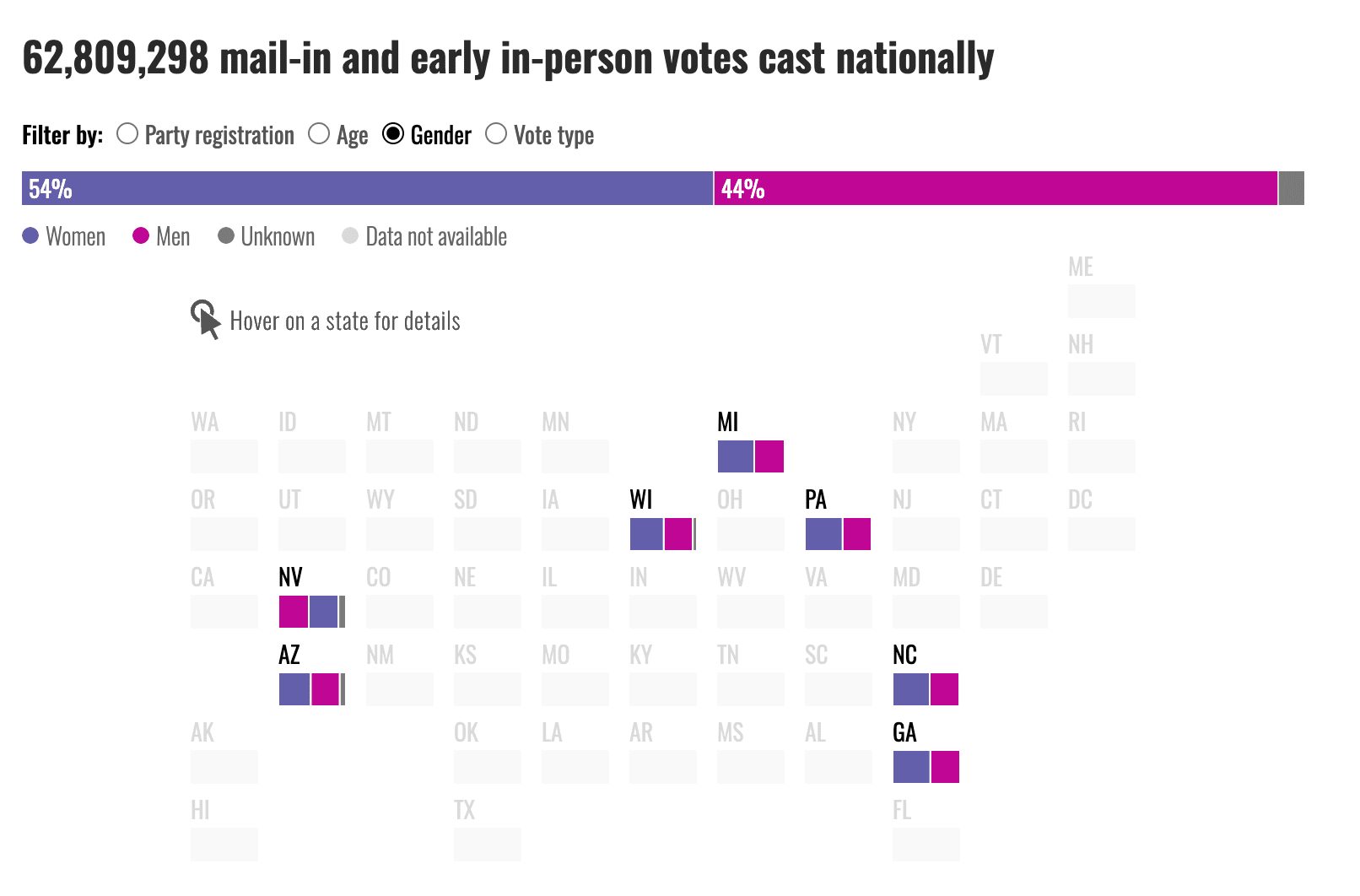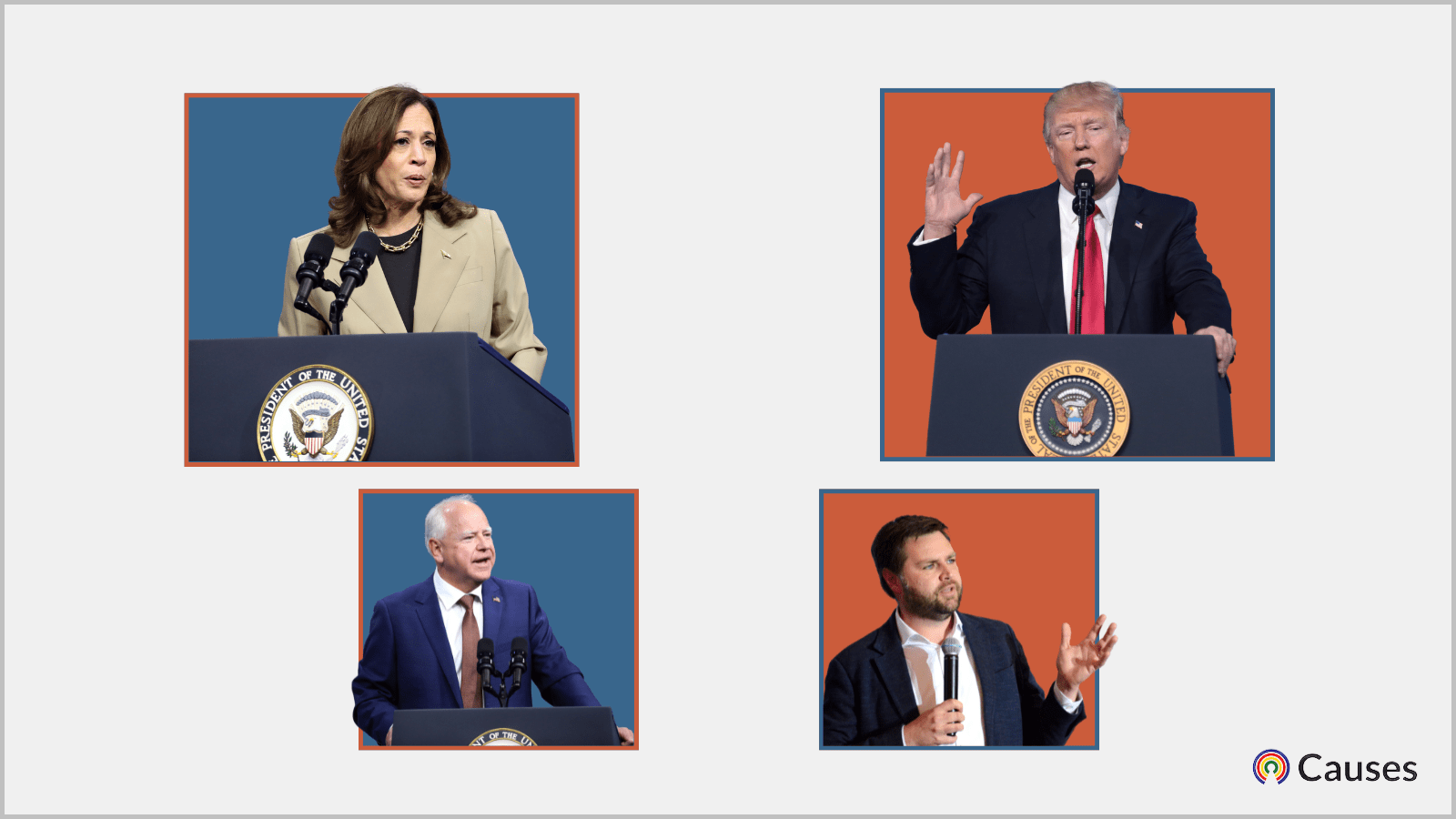
Should the Federal Trade Commission Report On & Increase Awareness of Scams Targeting Seniors? (H.R. 446)
Do you support or oppose this bill?
What is H.R. 446?
(Updated December 27, 2021)
This bill — the Protecting Seniors from Emergency Scams Act — would require the Federal Trade Commission (FTC) to report on and increase awareness of scams targeting older adults.
The FTC would be required to:
-
Report on the number and types of scams that target older adults, and provide policy recommendations to prevent these scams;
-
Revise its web portal with current information about scams targeting older adults, including contact information for law enforcement and adult protective services agencies; and
-
Coordinate with media outlets and law enforcement to disseminate information about scams targeting older adults.
Argument in favor
Scams targeting older adults, which cost billions per year, are harmful to some of the most vulnerable members of American society. The Federal Trade Commission should lead federal efforts by other governmental agencies to identify and prevent these despicable scams with help from nongovernmental organizations.
Argument opposed
The Consumer Financial Protection Bureau and Federal Bureau of Investigation, as well as nongovernmental organizations such as the National Council on Aging, already provide resources and information to help older adults identify and protect themselves against scams. Given those resources, there’s no need to create duplicative efforts at the FTC.
Impact
Seniors; scammers targeting seniors; scams targeting older adults; the Federal Trade Commission (FTC); and media outlets and law enforcement cooperating with the FTC to disseminate information about scams targeting older adults.
Cost of H.R. 446
A CBO cost estimate is unavailable.
Additional Info
In-Depth: Sponsoring Rep. Robin Kelly (D-IL) reintroduced this legislation from the 116th Congress to direct the Federal Trade Commission (FTC) to report to Congress on the number and types of scams targeting seniors during the COVID-19 pandemic and to make recommendations on how to prevent scams targeting seniors during the pandemic and future emergencies. In a series of tweets on January 26, 2021, Rep. Kelly said:
“I just reintroduced a bill to stop con artists from shamelessly preying on the COVID-19 fears of older Americans. My Protecting Seniors From Emergency Scams Act will help stop scammers from targeting seniors during the pandemic & future crises by empowering them with facts & information through the FTC web portal, media outlets and law enforcement agencies.”
After this bill passed the House as part of the Fraud and Scam Reduction Act (H.R. 2610) in the 116th Congress, Rep. Kelly said:
“Our senior citizens have borne the brunt of this pandemic. Now, scammers are targeting older Americans and preying on their COVID-19 fears. We have a moral obligation to stop these con artists by empowering seniors with facts and information while aggressively targeting criminals with all available FTC resources.”
Sen. Amy Klobuchar (D-MN), sponsor of this bill’s Senate companion in both the previous and current Congressional sessions, says:
“We must ensure that seniors are not being taken advantage of during the coronavirus pandemic. All Americans deserve safety and dignity in their senior years, yet new fraudulent schemes designed to target seniors appear almost daily. This bipartisan legislation will help protect seniors from fraud during this public health crisis and help prevent emergency-related scams in the future.”
The American Society on Aging supports this legislation. Its National Coordinator, Bob Blancato, says:
“We strongly support the introduction of the Protecting Seniors from Emergency Scams Act. It is a tragedy that this legislation is even needed but in communities across our nation we find vulnerable older adults being victimized by heartless scam artists operating during a pandemic. Sens. Klobuchar and Moran are to be commended for introducing this legislation which needs to be approved as quickly as possible so more older adults are not defrauded and left in a perilous financial state.”
This legislation has eight bipartisan House cosponsors, including six Democrats and two Republicans. Its Senate companion, sponsored by Sen. Amy Klobuchar (D-MN), has two bipartisan Senate cosponsors (one from each party).
In the previous Congressional session, this legislation had seven bipartisan House cosponsors, including five Republicans and two Democrats, and passed the House by voice vote as part of the Fraud and Scam Reduction Act (H.R. 2610). The Senate companion, sponsored by Sen. Klobuchar, had two bipartisan Senate cosponsors (one from each party). Neither bill received a committee vote.
A number of advocacy organizations for older Americans, including the Elder Justice Coalition, National Adult Protective Services Association (NAPSA), and AARP, support this legislation.
Of Note: The Government Accountability Office (GAO) estimates that scams targeting older adults cost the economy billions per year. The National Adult Protective Services Association (NAPSA) reports that Adult Protective Services agencies have seen an increase in reports of scams and financial exploitation during the pandemic.
The FTC partners with groups including the AARP, Better Bureau Bureau (BBB), State Attorneys General’s offices, the Dept. of Justice, Congressional offices, and the National Association of Consumer Advocates.
The Consumer Financial Protection Bureau (CFPB), Federal Bureau of Investigation (FBI), National Council on Aging (NCOA) and other organizations, such as state attorney’s generals, provide information about avoiding scams and fraud for older adults.
Media:
-
Sponsoring Rep. Robin Kelly (D-IL) January 26, 2021 Tweets
-
Sponsoring Rep. Robin Kelly (D-IL) Press Release After House Passage in Fraud and Scam Reduction Act (116th Congress)
-
Senate Sponsor Sen. Amy Klobuchar (D-MN) Press Release (117th Congress)
-
Senate Sponsor Sen. Amy Klobuchar (D-MN) Press Release (116th Congress)
-
Chicago Crusader
-
Government Accountability Office (GAO) Report (Context)
Summary by Lorelei Yang
(Photo Credit: iStockphoto.com / SIphotography)The Latest
-
 Puberty, Privacy, and PolicyOn December 11, the Montana Supreme Court temporarily blocked SB99 , a law that sought to ban gender-affirming care for read more... Families
Puberty, Privacy, and PolicyOn December 11, the Montana Supreme Court temporarily blocked SB99 , a law that sought to ban gender-affirming care for read more... Families -
 Women Are Shaping This Election — Why Is the Media Missing It?As we reflect on the media coverage of this election season, it’s clear that mainstream outlets have zeroed in on the usual read more... Elections
Women Are Shaping This Election — Why Is the Media Missing It?As we reflect on the media coverage of this election season, it’s clear that mainstream outlets have zeroed in on the usual read more... Elections -
 Your Share of the National Debt is ... $105,000The big picture: The U.S. federal deficit for fiscal year 2024 hit a staggering $1.8 trillion, according to the Congressional read more... Deficits & Debt
Your Share of the National Debt is ... $105,000The big picture: The U.S. federal deficit for fiscal year 2024 hit a staggering $1.8 trillion, according to the Congressional read more... Deficits & Debt -
 Election News: Second Trump Assassination Attempt, and Poll UpdatesElection Day is 6 weeks away. Here's what's going on in the polls and the presidential candidates' campaigns. September 24 , read more... Congress Shenanigans
Election News: Second Trump Assassination Attempt, and Poll UpdatesElection Day is 6 weeks away. Here's what's going on in the polls and the presidential candidates' campaigns. September 24 , read more... Congress Shenanigans
 Climate & Consumption
Climate & Consumption
 Health & Hunger
Health & Hunger
 Politics & Policy
Politics & Policy
 Safety & Security
Safety & Security
